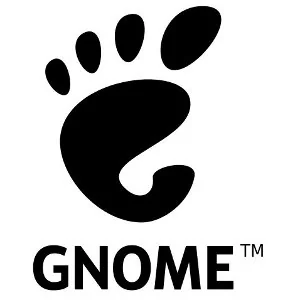GNOME 3.37.1 Released As The First Step Towards GNOME 3.38

While the release cycle is young, there is already a lot of improvements and new capabilities building in the GNOME 3.37 development code. Among the highlights of changes for GNOME 3.37.1 packages include:
- The Epiphany web browser can now import bookmarks from Chrome/Chromium as well as HTML files. Epiphany has also seen a number of other long overdue improvements.
- Evolution Data Server has a new back-end for accessing Nextcloud Notes.
- Gedit has dropped X11 workspace awareness due to workspaces not being supported on Wayland while the X11 support is being deprecated. This is dropped in aiming to ensure this text editor serves well as a native Wayland app. Gedit 3.37.1 marks the first time it has no dependency on X11 and can now be considered a native Wayland app.
- Glib-networking has re-enabled TLS 1.0/1.1 protocol support over the COVID-19 coronavirus.
- The GNOME Boxes Flatpak now builds its FreeRDP support with OpenH264 enabled.
- GNOME Calendar has a new engine, support for webcal:// URLs, and other improvements.
- GNOME Maps now has an adaptive UI for narrow screens.
- GNOME Screenshot has a redesigned UI. GNOME Screenshot can also now be built without X11 support.
- GNOME Shell adds support for parental controls filtering, crash fixes, and many other fixes and improvements throughout.
- Mutter has a fix for screencasting non-maximized windows and various other fixes.
- Nautilus now supports zoom media keys and other improvements.
- Orca has better screen reading support for Visual Studio Code and many other improvements.
More details and source download links on GNOME 3.37.1 via the mailing list.
75 Comments

